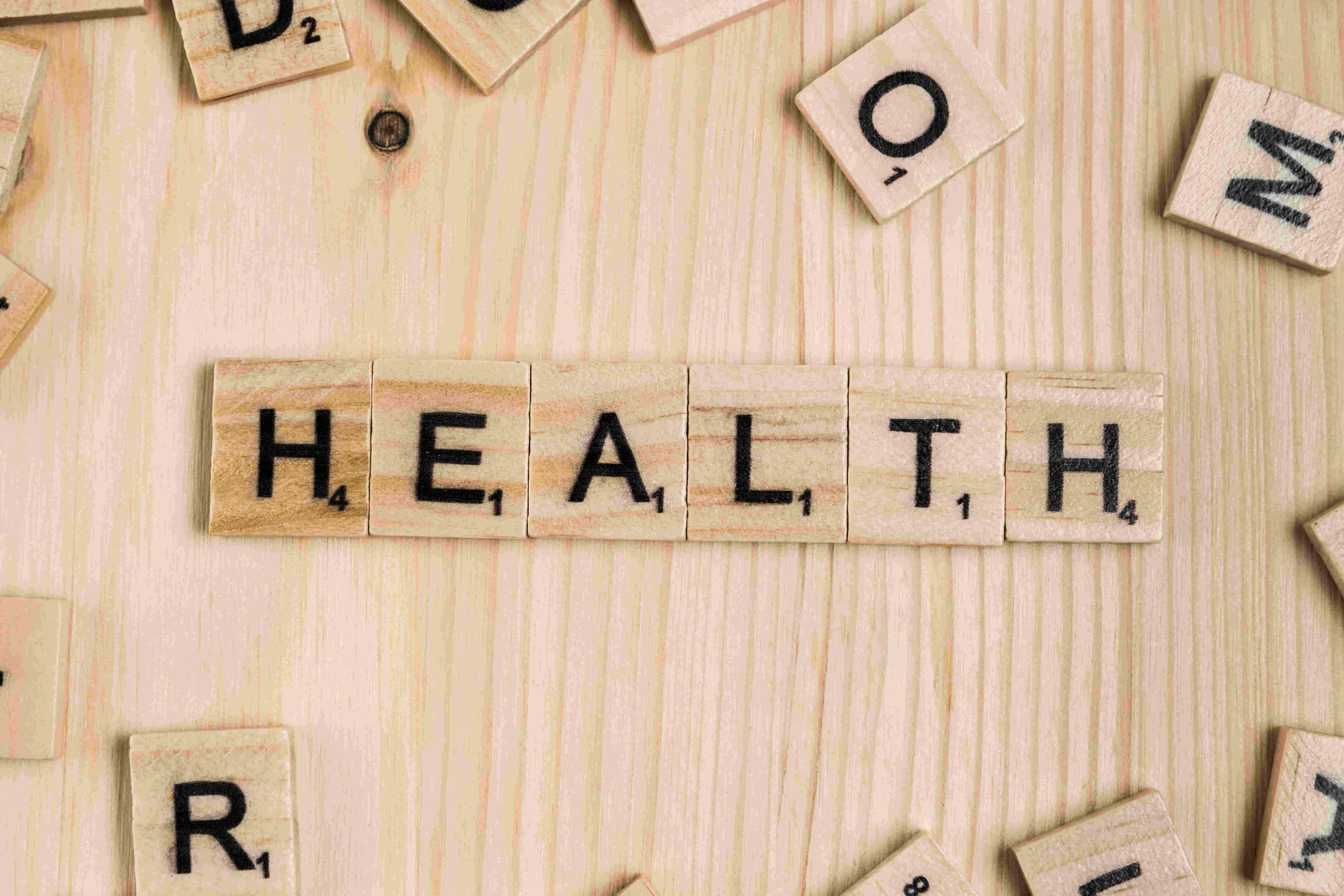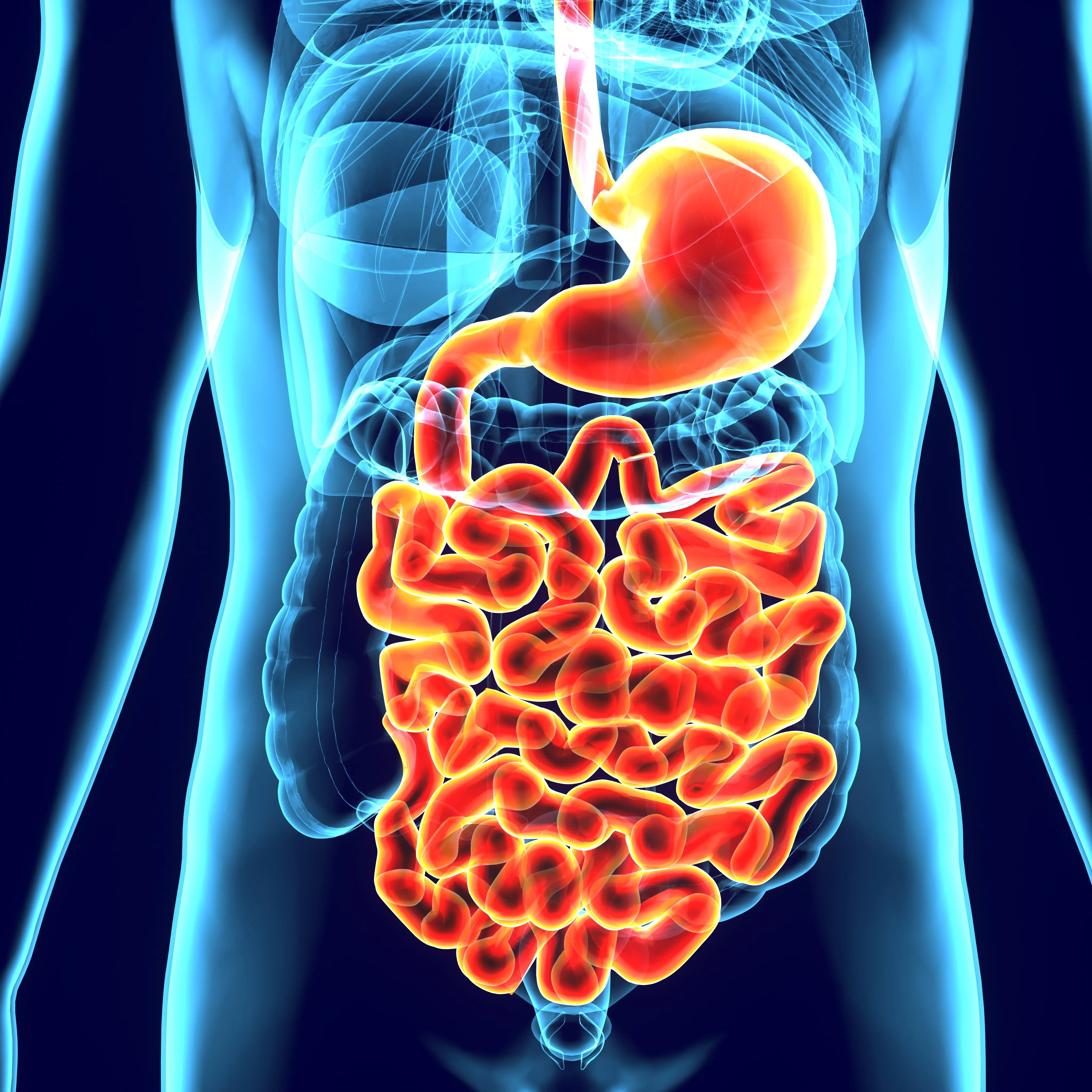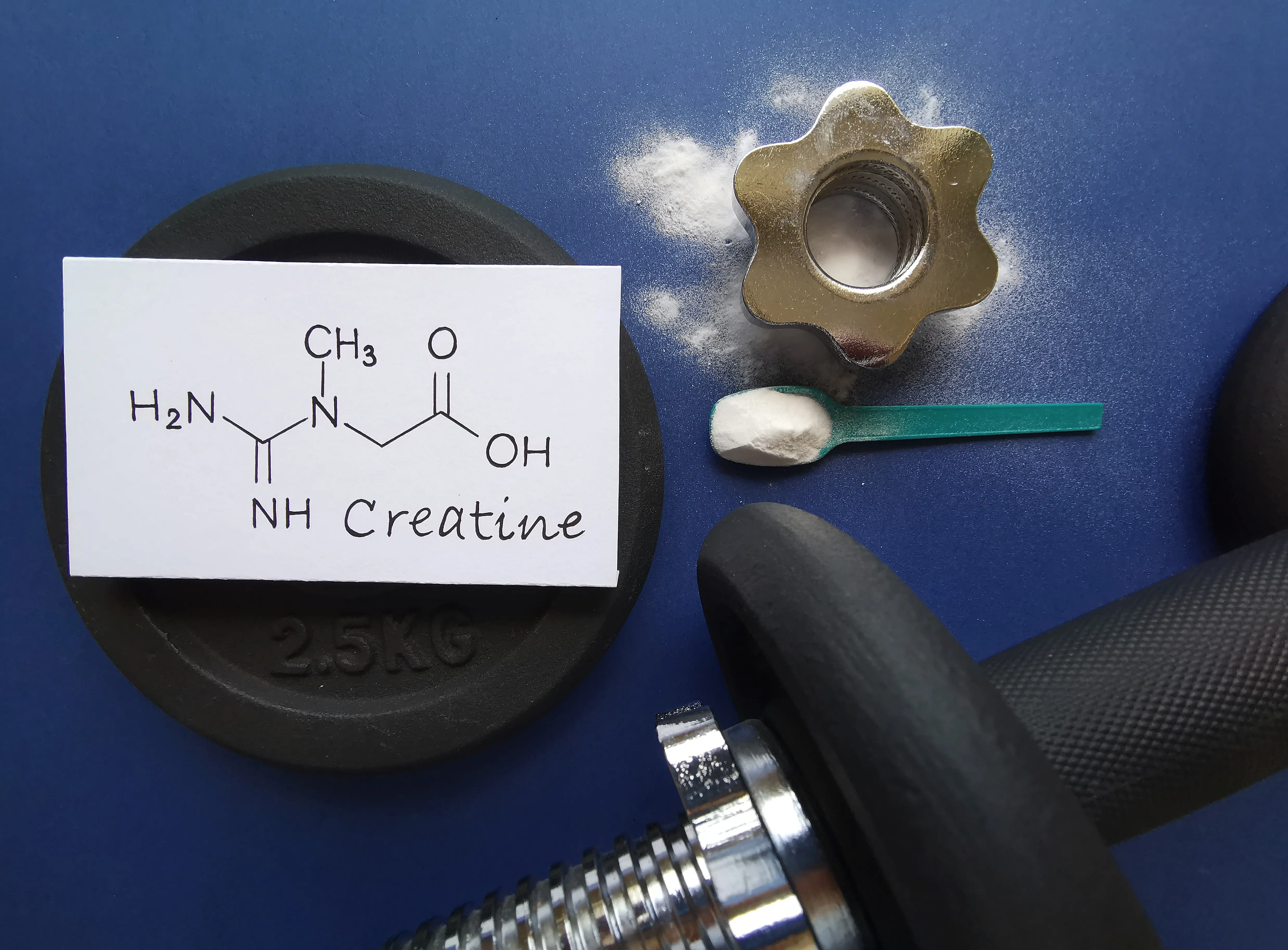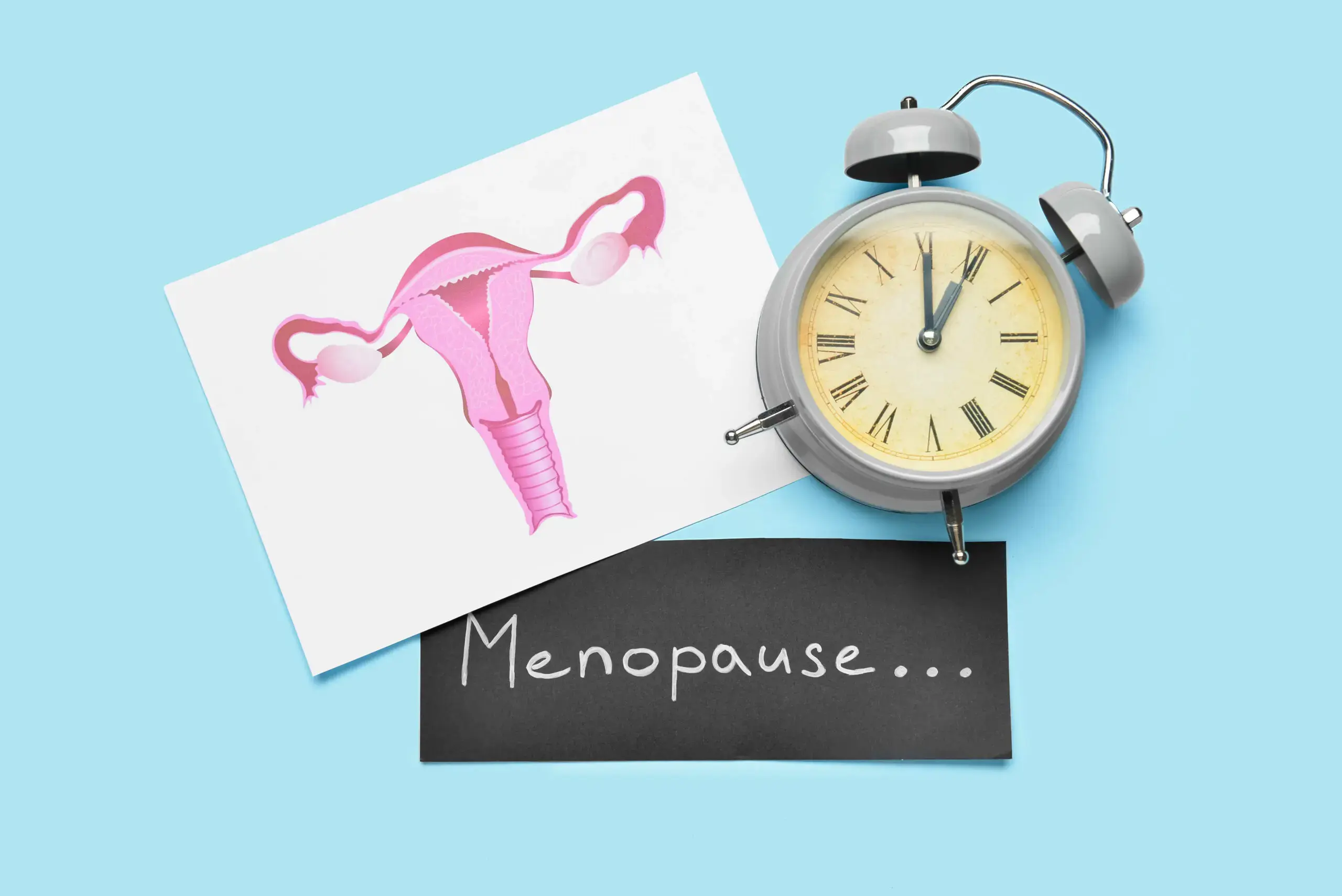Creatine has long been considered a popular dietary supplement among athletes to enhance performance and build muscle. However, it also has the reputation of being a typical men's supplement. The possible increase in muscle mass deters many women from taking it. However, it is now known that women over 40 in particular benefit from a well-filled creatine store.
What is creatine and how does it work in the body?
Unlike many internet hypes, creatine is well researched, and its effects and reasons for them are well understood. Creatine is a natural organic compound that can be consumed through food (mainly fish and meat) and is also produced in the body from the three amino acids arginine, methionine, and glycine, primarily stored in muscles, but also - in much smaller amounts - in the brain.
Creatine primarily serves as an energy source to fully charge the mitochondria - the powerhouses of the cells - and replenish our ATP (adenosine triphosphate) stores, essentially the body’s batteries. The ATP stores ensure that the muscles have sufficient energy for fast, powerful use. Creatine thus counteracts rapid exhaustion and supports endurance during high-intensity exertion.
However, the body's own stores are quickly depleted - especially during the first 10 seconds of very intense exertion. After that, the body needs some time to regenerate ATP from carbohydrates and fats. This is where creatine comes into play: It quickly replenishes the ATP stores to allow for continued intense training - a win-win situation for the athlete: those who have more strength can train more, leading to higher calorie burn and also promoting muscle growth in the long term.
And more muscles increase the basal metabolic rate, which in turn can help achieve individual fitness goals more quickly. An increased intake of creatine and optimally filled ATP stores is also associated with a lower risk of muscle injuries and faster recovery after injury.
Creatine supports brain function
The brain and nerve cells also need creatine as fuel to perform good cognitive abilities. After all, the brain can account for up to 20 percent of the total energy consumption.
Some studies suggest that additional creatine intake can improve brain function in people over 60, such as short-term memory or general thinking ability and concentration.














_1500x2250_150_RGB-2.webp)



